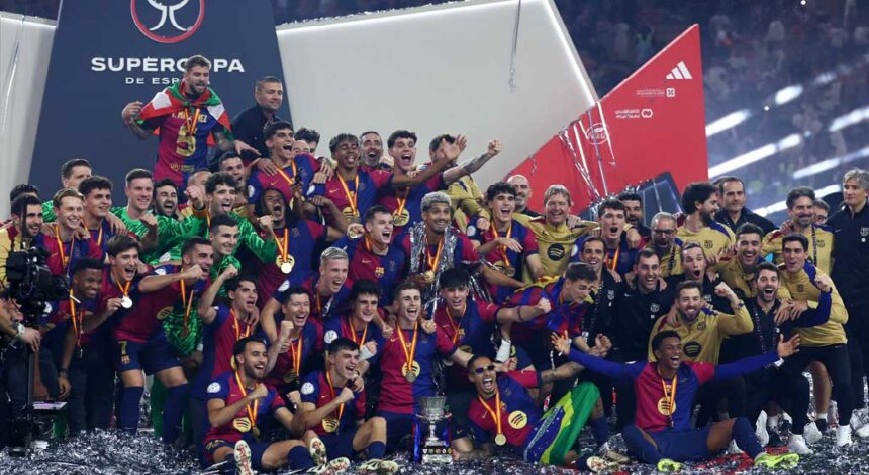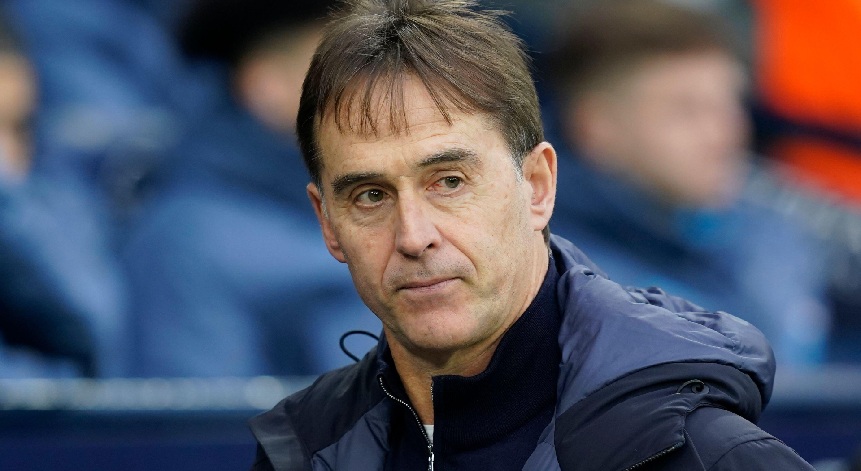On Monday, Manchester United defender Raphael Varane said that players' opinions on new criteria that would see more time added at the end of games were ignored.
This season, competitions worldwide have been advised to calculate time lost to stoppages more precisely, including goal celebrations and VAR checks.
The approach of calculating added time was "positively received" when it was first trialled during the men's World Cup in Qatar last year, according to football's regulators IFAB, and will be rolled out globally.
Arsenal tied Manchester City on penalties in the 11th of 13 additional minutes at the end of the Community Shield on Sunday.
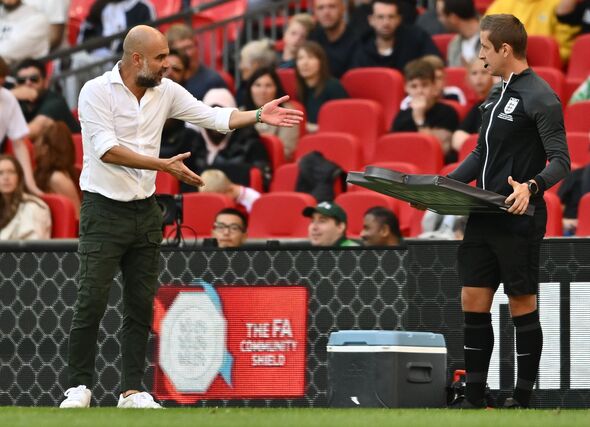
Did you read this?
Pep Guardiola, the manager of Manchester City, slammed the move for putting an additional burden on players, mocking the "big-brain guys who decide these things."
Guardiola has received support from the opposite side of the Manchester split, with Varane claiming that players were not being listened to.
"From managers to players, we have shared our concerns for many years now that there are too many games, the schedule is overcrowded, and it's at a dangerous level for players' physical and mental well-being," the Frenchman said on social media.
"Despite our previous feedback, they have now recommended for next season: longer games, increased intensity, and fewer emotions displayed by players."
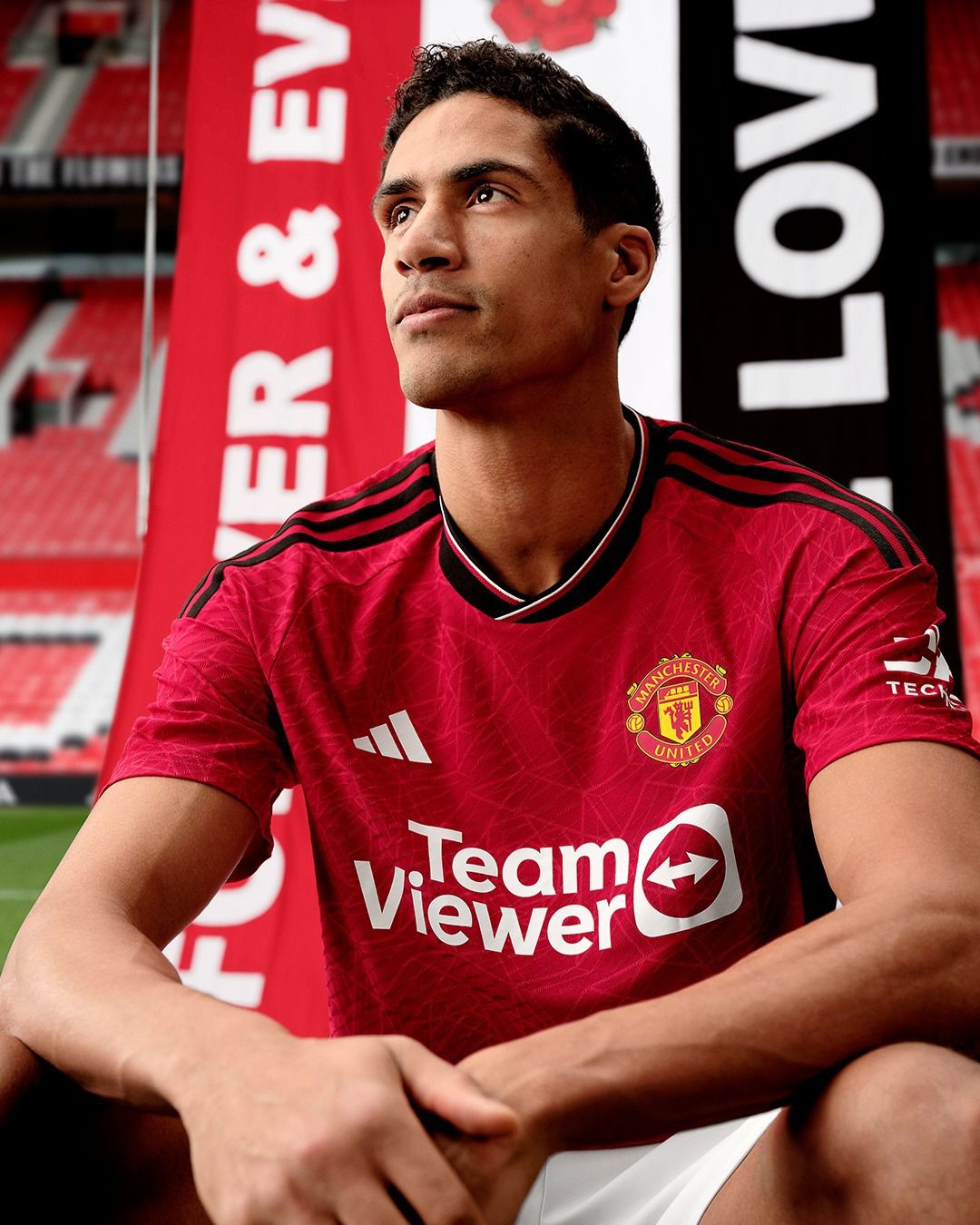
"We just want to be in good enough shape on the field to give our club and fans our all." "Why aren't our voices being heard?"
Varane withdrew from international football earlier this year at 29, comparing the grind of the top-tier game to a washing machine cycle.
The new guidelines on extra time have been implemented to combat time waste and boost adequate playing time.
However, the long-term impact of the additional time on players has already been underlined by the worldwide union FIFPRO, which reported earlier this year that the modifications would amount to up to three extra games per season for players with the most significant existing workloads.

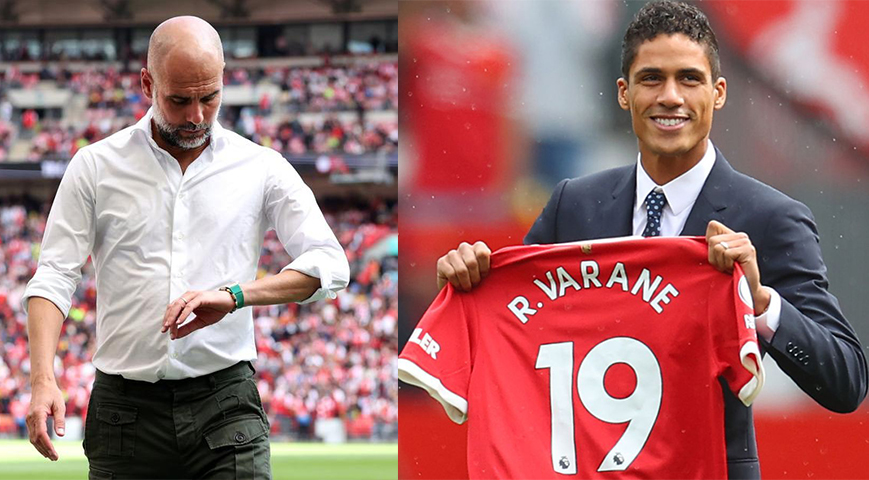
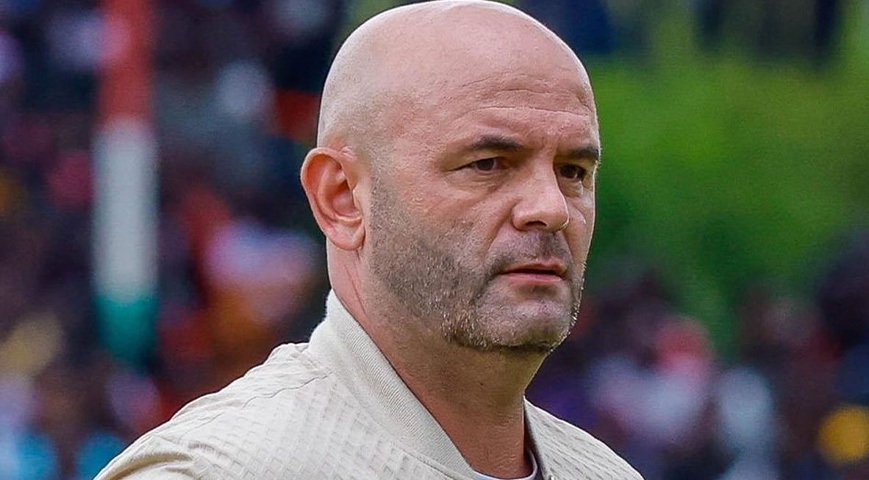
-1740810575.png)
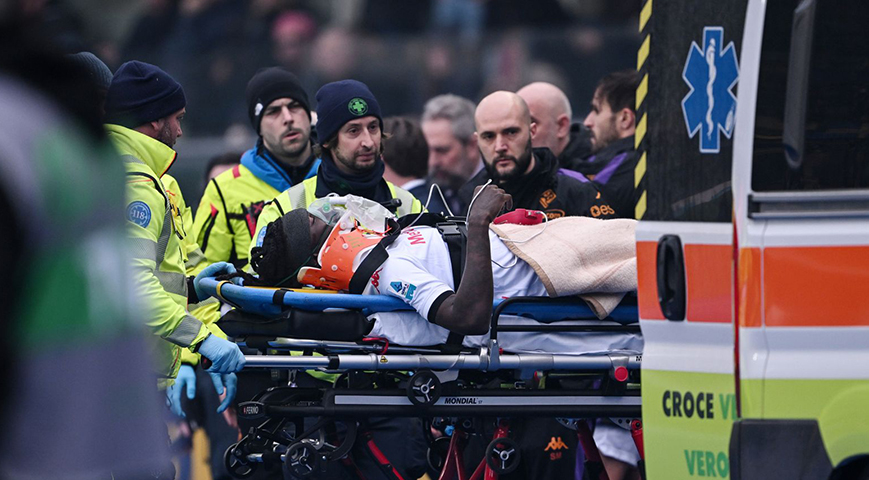
[1]-1740218631.jpg)
